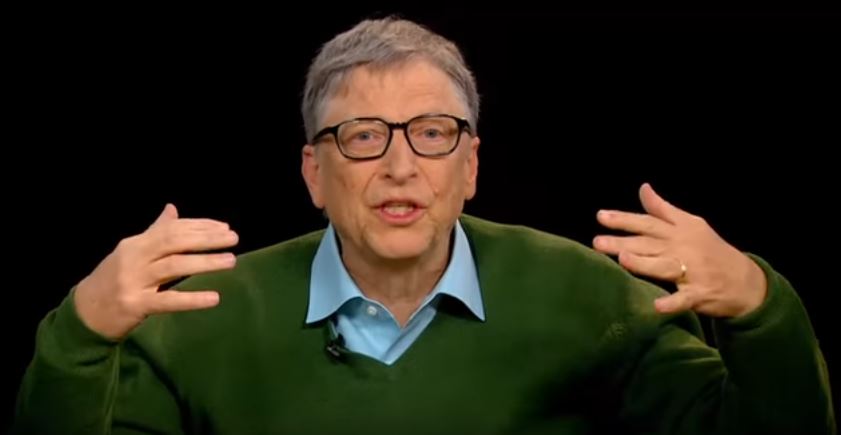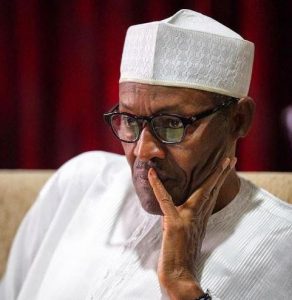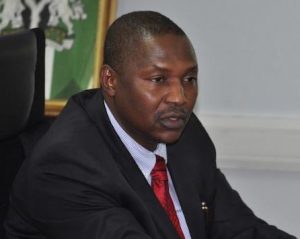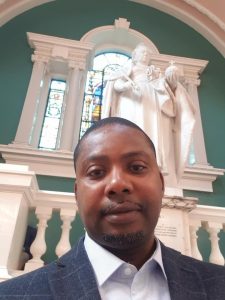
Unic Press UK: One of the world’s most successful entrepreneurs, Bill Gates, has urged the Muhammadu Buhari-led Nigerian government to maximize the country’s greatest resource, the Nigerian people, in order to successfully advance the country’s development and growth.
Gates spoke Thursday, the 22nd March 2018, on “Human Capital Investment in Supporting Pro-poor and Economic Growth Agenda”, during a session of the country’s National Economic Council at the Banquet Hall of the Presidential Villa, Abuja, which was chaired by Nigeria Vice President Yemi Osinbajo.
Bill Gates, the world’s second richest person, submitted that the execution priorities and processes of the country’s Economic Recovery and Growth Plan (ERGP) are flawed; hence has yet to address any of the most pressing needs of Nigerians.
The business leviathan and philanthropist said a lot of work is required of the Nigerian government as the current economic indicators, including (but not limited to) Maternal Mortality Rate is very poor. Gates said:
“The most important choice you can make is to maximize your greatest resource, the Nigerian people. Nigeria will thrive when every Nigerian is able to thrive. If you invest in their health, education and opportunities – the “human capital” we are talking about today – then they will lay the foundation for sustained prosperity. If you don’t, however, then it is very important to recognize that there will be a sharp limit on how much the country can grow. Nigeria is one of the most dangerous places in the world to give birth with the fourth worst maternal mortality rate in the world ahead of only Sierra Leone, Central African Republic and Chad. One in three Nigerian children is chronically malnourished. I urge you to apply this thinking to all your investments in your people. The Nigerian government’s Economic Recovery and Growth Plan identifies investing in our people as one of three strategic objectives. But the execution priorities don’t fully reflect people’s needs, prioritizing physical capital over human capital. To anchor the economy over the long term, investments in infrastructure and competitiveness must go hand in hand with investments in people. People without roads, ports, and factories can’t flourish. And roads, ports and factories without skilled workers to build and manage them can’t sustain an economy.”
Nigeria – Economic Indicators & Other Information
- Consumer Price Index (CPI): The CPI which measures inflation increased 14.33 percent (year-on-year) in February 2018, illustrating a 0.8 percent points lower than the rate recorded in January 2018 (15.13). [National Bureau of Statistics, Nigeria]
- Gross Domestic Product (GDP): $404.65 billion as of 2016. [World Bank].
- GDP per capita: $2,175.67 as of 2016. [World Bank].
- Total National Debt: ₦21.725 trillion [$70.99 billion] at 31st December 2017.
- Unemployment: “The unemployment rate increased from 14.2% in Q4 2016 to 16.2% in Q2 2017 and 18.8% in Q3 2017”, the country’s Bureau of Statistics said in its report ‘Labor Force Statistics Vol. 1: Unemployment and Underemployment Report (Q1-Q3 2017)’of December 2017.
- Population: 185.98 million as of 2016. [World Bank].
- Life expectancy at birth [2015]: 52.9 years as of 2015. [World Bank].
- Central Bank of Nigeria official exchange rate $1= ₦305.75



